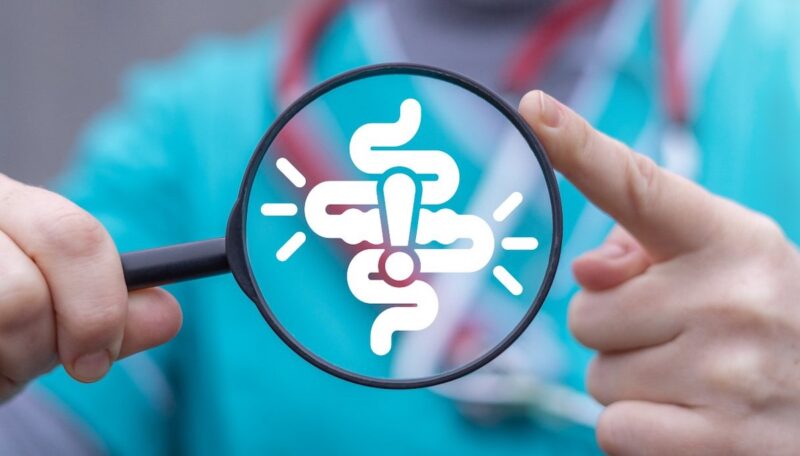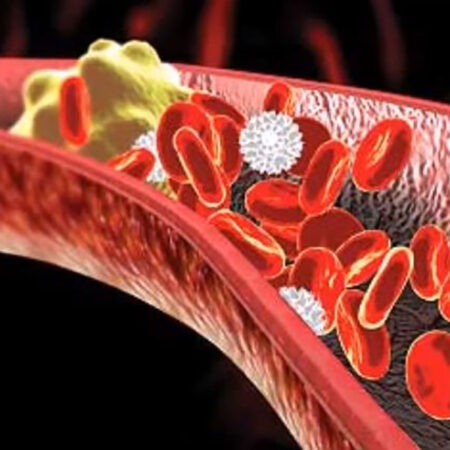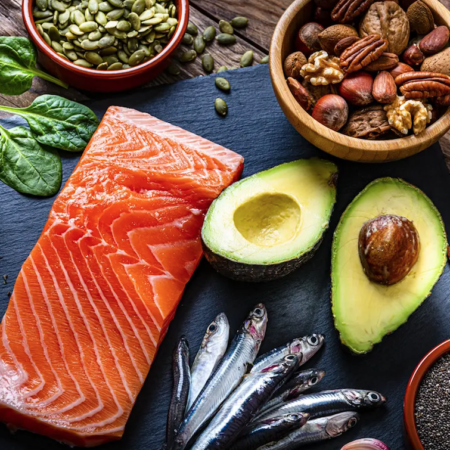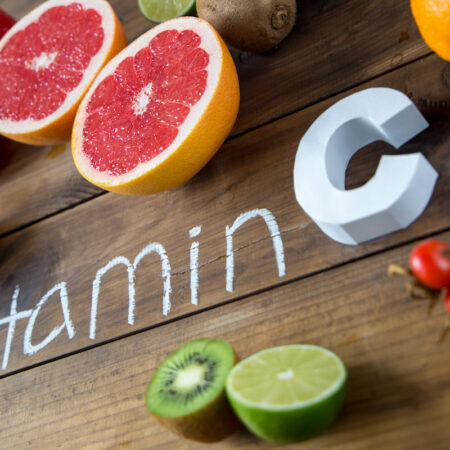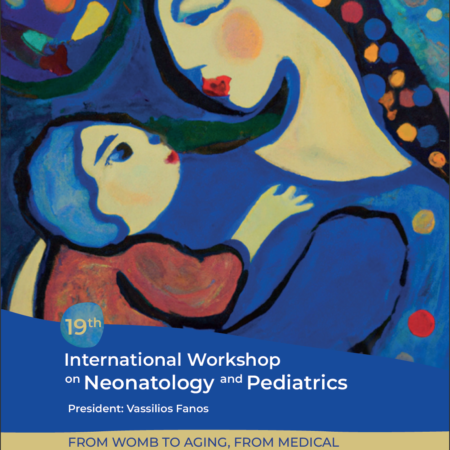Diet, exercise, rest and psychological factors: change your lifestyle to treat a syndrome that affects up to 18% of the world’s population
Irritable bowel syndrome, also known as irritable bowel syndrome or IBS (Irritable Bowel Syndrome), is a condition that affects up to 15% of the world’s population, in Italy about 5% of the population suffers from it with a clear prevalence of women. When we talk about IBS we are referring to a chronic disorder affecting the large intestine that manifests itself with symptoms such as abdominal pain, bloating, diarrhea and/or constipation. Although the causes related to the onset of this pathology are not yet fully known, a correlation has been established with some recurring factors, including alterations in bowel movement, a particular sensitivity of the intestinal nervous system, a dysfunctional condition of the immune system, genetic factors and psychological factors such as stress and anxiety.
Many people with irritable bowel also report a worsening of their condition in conjunction with the change of season. This recurrence has made it possible to relate a more severe symptomatology with the variation in temperature, the consequent change of diet, with the introduction of seasonal foods and the resulting psychological stress. Furthermore, the intestine is particularly sensitive to extreme temperatures, from heat to cold, from humidity to dry air and changes in atmospheric pressure.
Some advice for those who suffer from irritable bowel to face the change of season
If you suffer from irritable colon, you can adopt different strategies to try to better manage this delicate passage. The diet, in this period is very important, and the help of supplements can be invaluable, to help us, moreover, can be activities that allow us to loosen the grip of stress, from relaxation practices to meditation, as well as exercise and proper rest. There is no doubt that our lifestyle plays a decisive role in this sense.
The nutrition for those suffering from ibs
Compared to diet, many people with irritable bowel syndrome achieve appreciable results when they manage to identify which foods tend to trigger more severe reactions. While the foods to avoid may vary to some extent from person to person, some are more common, including dairy products, spicy and high-fat foods, gluten, coffee, alcohol, and sodas.
But let’s try to go into more detail.
A diet low in FODMAPs, short-chain carbohydrates, is in many cases an advantageous strategy to contain the symptoms of irritable bowel syndrome. AIGO doctors also explored its efficiency during the 29th National Congress of Digestive Diseases FISMAD during which the role of nutrition in the management of these disorders was the subject of in-depth analysis. The low FODMAP acronym of Fermentable Oligosaccharides, Disaccharides, Monosaccharides and Polyols (oligosaccharides, disaccharides, monosaccharides and fermentable polyols) diet aims to drastically reduce the intake of foods that could ferment in the colon by water to the small intestine, stretching it.
As far as fiber intake is concerned, depending on the type and quantity they can have a positive or negative effect on the person. The most tolerated are usually soluble fibers such as those from oat bran, boiled carrots or baked apples. Compared to the quantities, they should always be varied progressively.
Finally, it is always essential to maintain optimal hydration, drinking water throughout the day and limiting the consumption of alcohol and carbonated drinks to a minimum.
The use of a food diary can prove useful for linking symptoms and foods and more generally for gaining a good awareness of how, how much and when we eat.
What we recommend for those suffering from ibs
It is advisable for patients with IBS to undergo tests such as gut screening, an in-depth analysis of the intestinal microbiota, combined with a food intolerance test, in order to obtain detailed information on the condition of the bacterial flora and on the inflammatory state of the intestine.

